
Shoseian Whispering Pine Japanese Tea House In Southern California
Japanese Tea Garden Welcome to the oldest operating public Japanese Garden in North America. Natural beauty and tranquility greet you amongst graceful Japanese maples, twisting pines, clipped azaleas, and cherry trees. Today's Hours Open 9am - 5pm Last entry today is 4:30pm All Hours Get tickets Explore Landmarks What's in bloom Buddha

Tea House In Japanese Garden 27 How to Plan a Wedding Step by Step
8.2 square meters is the usual and standard size of a traditional chashitsu. The room size is measure by the number of tatami mats covering the floor. Traditional tea rooms are construct more from natural elements like bamboo, straws, wood, and vines. The houses that are a construct of less than four and a half tatami mats are call "Koma.

Tea House & Tea Garden Lafcadio Hearn Japanese Gardens
Japanese Garden For over a century, the historic Japanese Garden has been one of the most beloved and iconic landscapes at The Huntington, with its distinctive moon bridge, picture-postcard views of koi-filled ponds and the historic Japanese House.
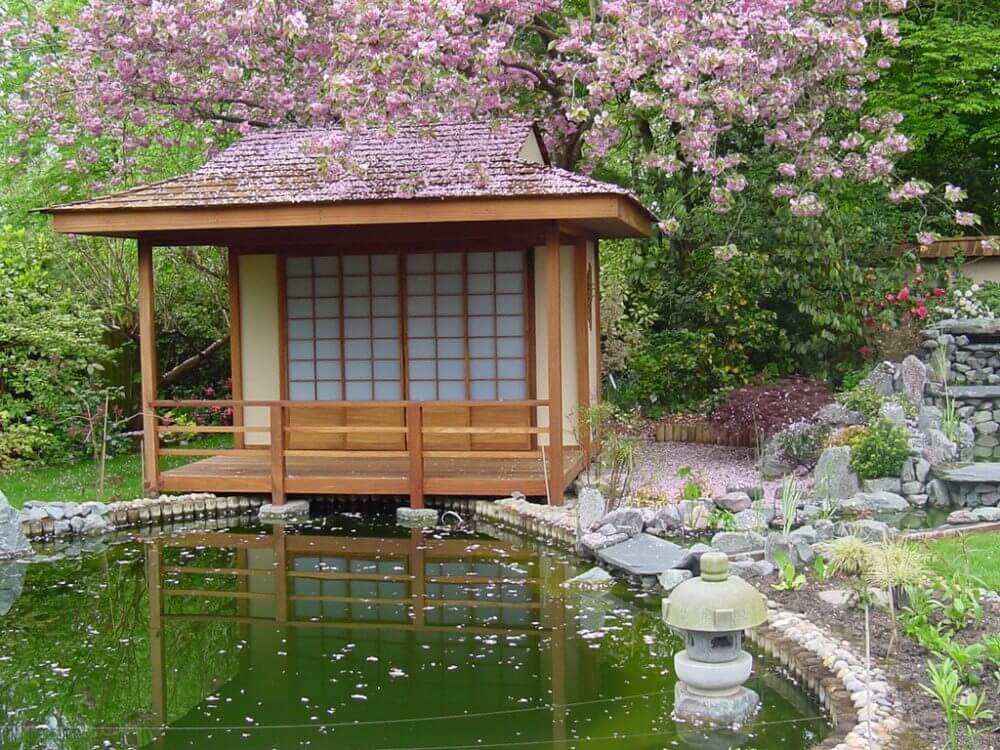
Japanese Tea House in hardwood Build a Japanese Garden UK
The ornate Rokhat in Dushanbe is one of the finest places to lounge and sip tea while enjoying city views. Locals favor the rich milk-infused tea common in Tajikistan, paired with Tajik food such.

Japanese tea house in 2020 Japanese tea house, Tea house design, Japanese style house
The Friends of Shoseian, a 501(c)(3) not-for-profit, was founded to maintain and preserve the beauty and serenity of the Shoseian Teahouse and the Japanese Friendship Garden for future generations to enjoy. Our mission is to promote the Teahouse and Garden through various events, ceremonies and classes connected to Asian arts and culture.

Totally awesome! Japanese tea house, Japanese style house, Tea house design
Urakuen. Garden with a celebrated teahouse. Urakuen (有楽苑) is a Japanese garden in Inuyama, just to the east of Inuyama Castle. It is the site of Jo-an, one of Japan's most celebrated teahouses and a designated national treasure. Jo-an was originally built in 1618 as part of a temple complex in Kyoto alongside a study room called Shodenin.
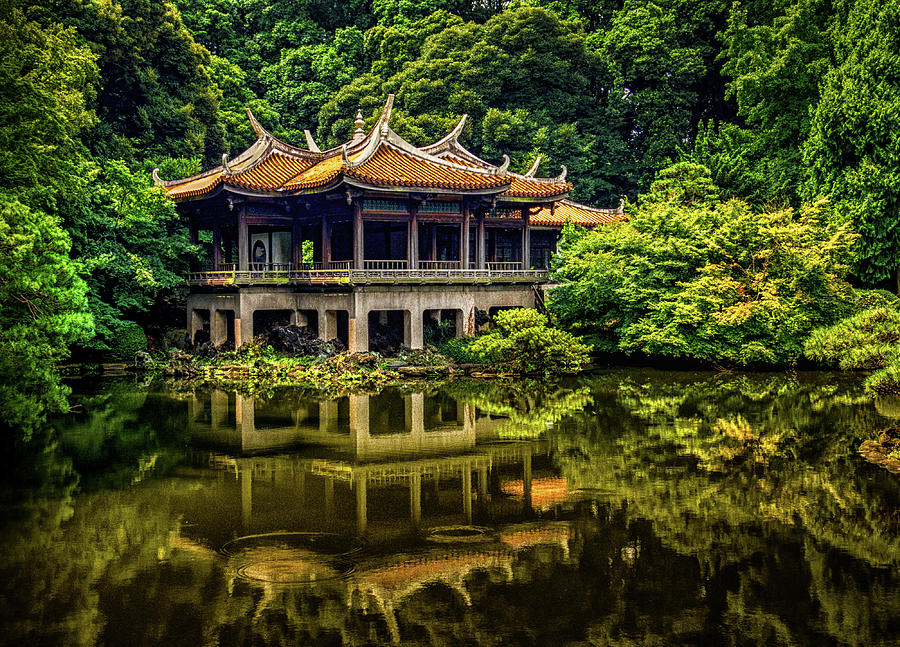
Japanese Teahouse at Shinjuku Gyoen National Garden Tokyo, Japan Photograph by Jeffrey Ross
Moss Authentic Japanese Teahouse An authentic Japanese teahouse, a featured highlight of the garden, offers traditional Japanese tea ceremonies through our Education department. Please check our calendar page for the schedule.
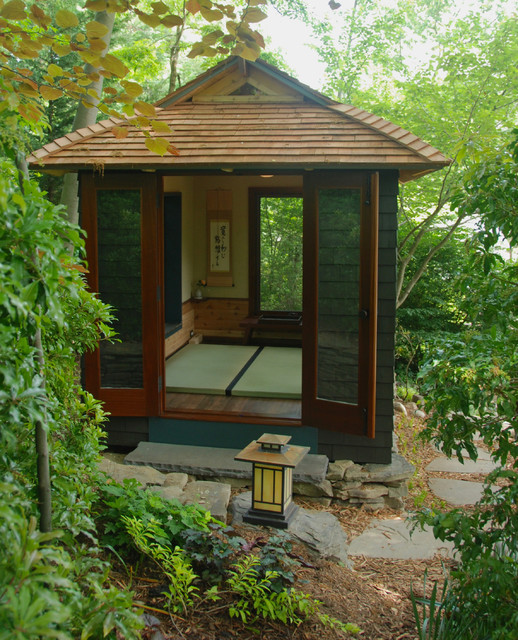
Petunia, a Japanese Tea House Asian Garden Shed and Building New York by Hoffman Grayson
The Tea Garden ( Cha Niwa) The present-day Japanese Tea Garden has a history dating back to the sixteenth century and the great developer and teacher of the tea ceremony, Sen-no-Rikyu (1522-91).
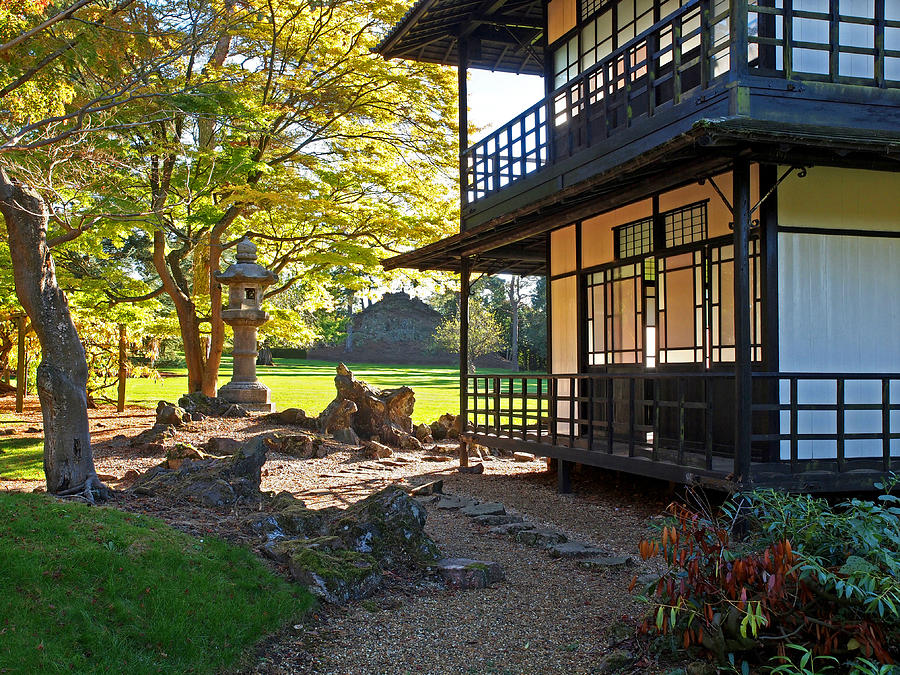
Japanese Garden Tea House Photograph by Gill Billington Pixels
A Japanese tea garden [ cha-niwa or roji] is a place for quiet reflection on the beauty of nature and the art of living in harmony. A pathway of carefully placed stepping stones, lined by lanterns, leads through the rustic garden to the tea house.
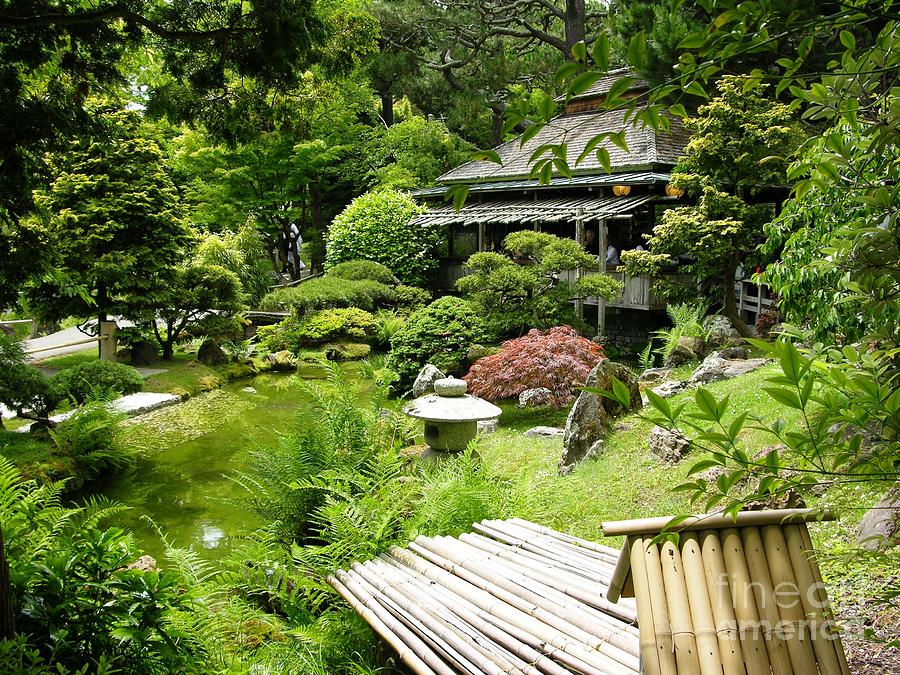
Japanese Garden Teahouse Photograph by Carol Groenen Pixels
The garden was first created in 1908 by two Japanese artisans, Mr. Ueda and Mr. Takahashi, who were tasked by landscape architect William Welles Bosworth to design a hill and pond garden with a Meiji-style teahouse. An estate road divides the garden into two sections. The lower portion, with a pond surrounded by flowering cherries, clusters of.

Japanese Tea House — Miriam's River House Designs, LLC
Photo Curtesy of Jit Lim The Portland Japanese Garden, renowned for being one of the most exceptional Japanese gardens outside of Japan, features a captivating tea garden and a notable tea house named "Kashintei," meaning "Flower-Heart Room." The tea garden consists of both an inner and outer section connected by a stone pathway.

Tea House Plans For Garden in 2020 Japanese tea house, Traditional japanese house, Tea house
Step 1 - Choosing Your Site Traditionally, the tea houses were constructed in gardens; hence your site should be in your garden. Alternatively, you can build it next to some trees. The point is to be one with nature when you're in the tea house. You should see your garden or trees when inside the Chashitsu.
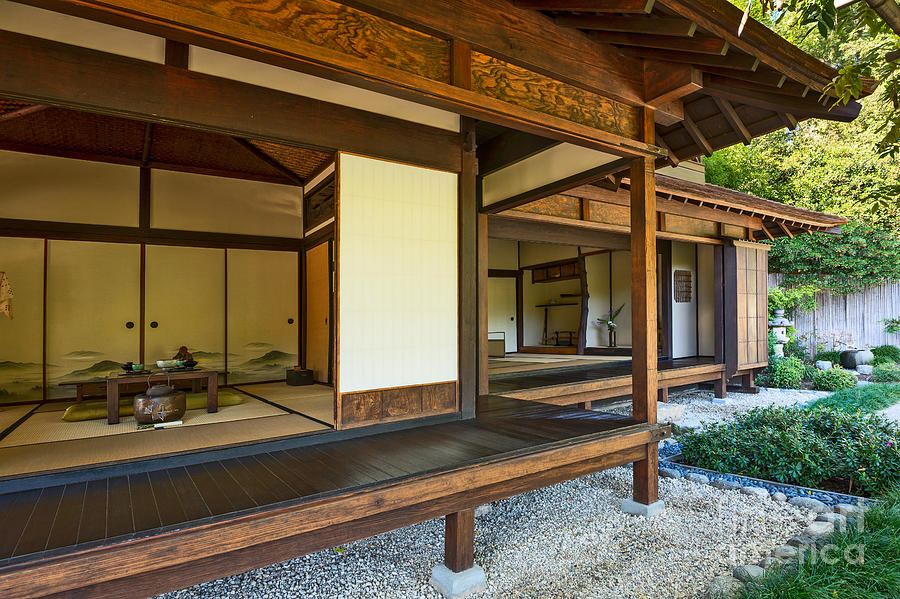
Japanese Tea House At The Huntington Librarys Japanese Garden. Photograph by Jamie Pham
The landscape garden stretches for 2,200 meters, and it is a popular tourist spot, having been recognized as a national scenic spot in 2000. The famous Japanese painter Hashimoto, built the tea houses for his wife. The tea houses are close to several ponds that are lined with various rock formations.
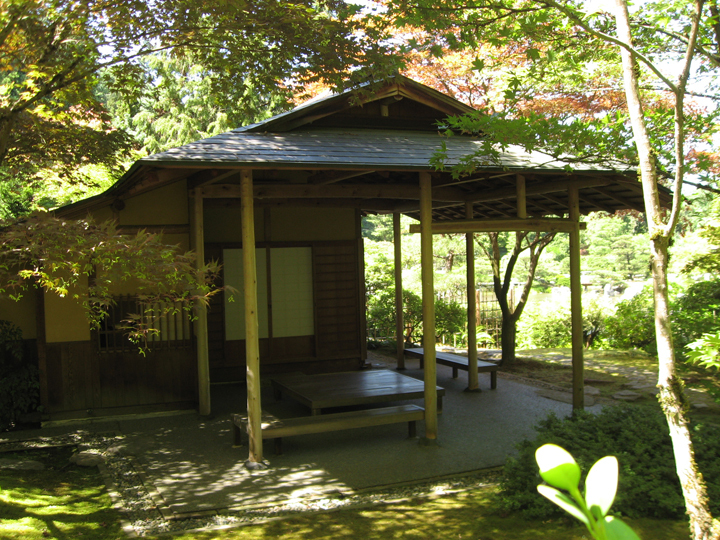
Shoseian teahouse at the Seattle Japanese Garden Discover Nikkei
Passing through the gate at the entrance feels like stepping into an entirely different world. A lush Japanese garden greets every visitor, dyed in beautiful seasonal colors. Walk along the traditional lacquered corridor and try the restaurant's specialty called tosui-tofu, a hot pot dish with silky tofu in a thick, creamy broth of soy milk - this is a true Edo experience for all the five.

Kikue's Tea House in 2020 Tea house design, Japanese tea house, Small japanese garden
Japanese gardens are often divided into three main styles: chisen-teien (pond garden), karesansui (rock garden, also known as Zen garden) and roji (simple, rustic garden for a teahouse). This story is about roji. The Japanese aesthetic that animates roji gives these gardens a tranquillity that seeps deep into the soul.In the late 16th century, tea master Sen no Rikyu perfected the style of tea.
:max_bytes(150000):strip_icc()/GettyImages-106484082-59e4f335c412440011f708b3.jpg)
A Guide to the Japanese Tea Garden in Golden Gate Park
Jo-an is a chashitsu (tea house) and inscribed as a National Treasure Chashitsu in its garden setting, Itsuku-shima, circa 1900. Chashitsu (茶室, "tea room") in Japanese tradition is an architectural space designed to be used for tea ceremony (chanoyu) gatherings.. The architectural style that developed for chashitsu is referred to as the sukiya style (sukiya-zukuri), and the term sukiya.